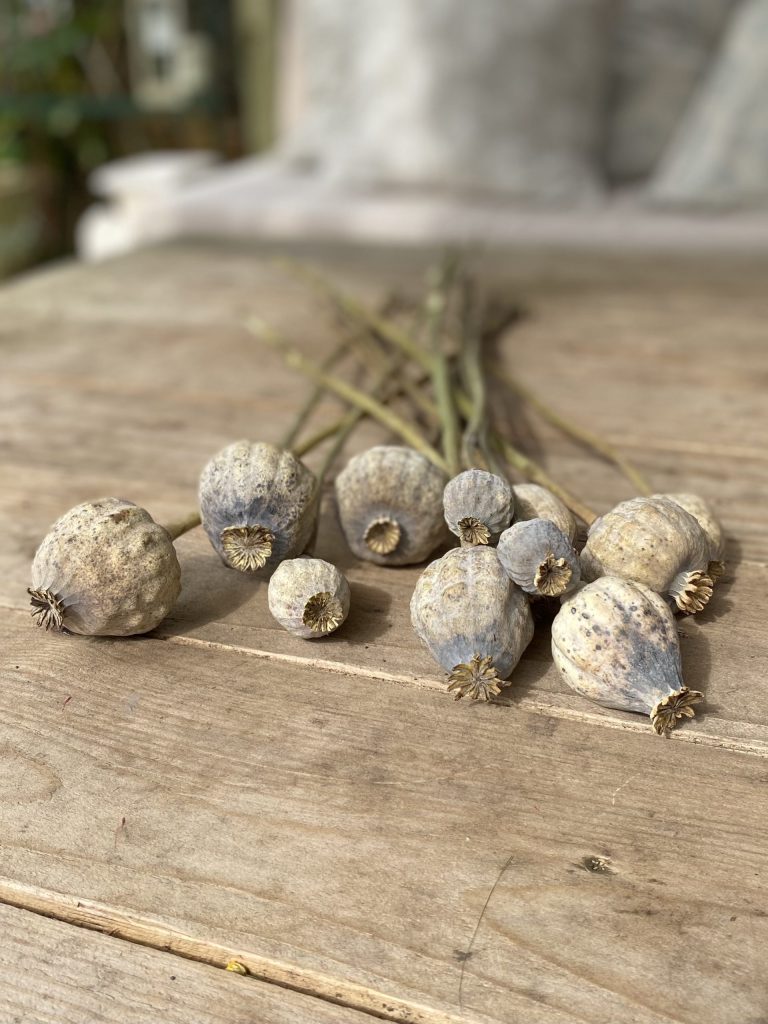The unassuming poppy seed head, often overshadowed by its blossoming counterpart, holds a legacy that spans both medicinal and culinary domains. This article delves into the historical and contemporary uses of poppy seed heads, exploring their role in traditional medicine and their contribution to culinary delights.
Traditional Medicinal Uses:
Poppy seed heads have been used for centuries in traditional medicine for their potential therapeutic properties. Extracts from these seed heads contain alkaloids that have been used to alleviate pain and induce sleep. Opium, derived from the latex within poppy seed pods, was historically used for its analgesic properties.
Culinary Delights:
In the culinary world, poppy seeds harvested from the heads have gained popularity as a flavorful ingredient. The tiny seeds add a subtle nutty flavor and a pleasing crunch to various dishes, including baked goods, salads, and pasta. They are commonly used in European, Middle Eastern, and Indian cuisines.
Poppy Seed Oil: A Culinary Gem:
Poppy seed oil, extracted from the seeds within the heads, is highly valued for its culinary applications. The oil is often used as a salad dressing, a drizzle for dishes, and even as a flavoring in desserts. Its light and delicate flavor make it a versatile addition to a range of recipes.
Historical and Cultural Importance:
Poppy seed heads have been a part of cultural and culinary traditions across the globe. In European cultures, poppy seed pastries and cakes are often enjoyed during special occasions and festivals. In India, poppy seeds are used in curries and desserts, adding depth to the flavors.

Nutritional Benefits:
Poppy seeds are a rich source of essential nutrients, including healthy fats, dietary fiber, protein, and minerals like calcium, magnesium, and iron. While they are calorie-dense due to their fat content, they offer nutritional value when consumed in moderation.
Modern Applications and Awareness:
In contemporary times, poppy seed heads continue to find their place in the kitchen and beyond. Chefs and home cooks experiment with incorporating poppy seeds into innovative recipes, while awareness about their cultural significance and nutritional benefits grows.
Responsible Usage and Awareness:
While poppy seed heads have culinary and historical importance, it’s essential to acknowledge their potential for misuse in opiate production. Stricter regulations have been put in place to prevent illegal cultivation and processing. Responsible use and cultivation enpapaver somniferum pods sure that the cultural and culinary aspects of poppy seed heads are celebrated without compromising safety.
Conclusion: Nurturing Tradition and Taste:
Poppy seed heads serve as a bridge between tradition and contemporary gastronomy, connecting historical medicinal uses with the culinary delights of today. Whether enjoyed in baked goods, salads, or traditional dishes, these unassuming seed heads continue to nurture both our senses and our appreciation for nature’s offerings.
